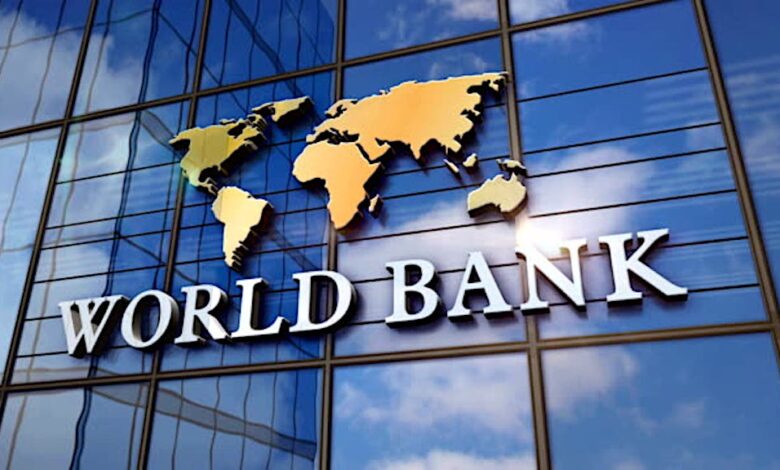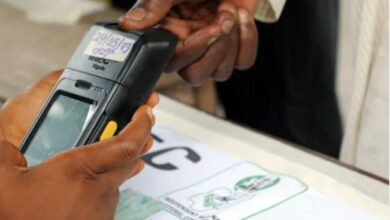500,000 youth enter labour market annually; job seekers’ interested in public sector employment – World Bank


World Bank on glass building. Mirrored sky and city modern facade. Global capital, business, finance, economy, banking and money concept 3D rendering animation.
The World Bank has indicated that job seekers are interested in public sector employment due to wage premiums.
However, the public sector can only absorb a small segment of the labour force, and thus, the majority of Ghanaians float between underemployment in agriculture and informal service sector jobs.
According to its 2025 Policy Notes titled “Transforming Ghana in a Generation”, the Bretton Woods institution warned about the rising demand for jobs.
It stated that 500,000 youth enter the labour force annually, with approximately seven million young workers expected by 2030.
Meanwhile, the World Bank pointed out that poverty reduction has stalled over the past decade. “Despite slower but continued increases in GDP [Gross Domestic Product] per capita, poverty reduction paused after 2012. Between 2012 and 2016, the last two years with reliable household survey data, poverty at the national absolute poverty line fell only marginally from 24.2% to 23.4% as growth ceased to be pro-poor”.
It added that there was almost no consumption growth for the bottom 40% the population during this period, with consumption dropping by 5.0% for the bottom 10.0%.
It also mentioned that the growth elasticity of poverty has remarkably decreased, reflecting limited job opportunities in high-productivity activities and a largely capital-intensive industrial development, highlighting the limited business opportunities and job creation in the formal sector that have also affected incentives for Ghanaians to invest in their education and skills.
The 2025 National Economic Dialogue recognised the urgent need to ‘reset’ the economy, through new governance and institutional reforms, alongside comprehensive macroeconomic, structural, and social policies.7 If successfully implemented, the government’s vision can achieve the goal of broad-based growth and poverty reduction.
The World Bank said attention should be given to the medium-term agenda by providing early wins that will help build reform momentum and consolidate consensus around the reform agenda.
Otherwise, it stated that the current socioeconomic challenges could threaten social cohesion, given Ghana’s large youth population.
“The primary focus should be on generating productive and quality jobs. A comprehensive productivity and job strategy is needed to foster a business-friendly environment and encourage the private sector’s investment, thereby creating quality jobs and unlocking the private sector’s potential and competitiveness. At the same time, the current and future workforce needs adequate skill formation, vital to realising the vision of a 24-hour economy”.
DISCLAIMER: The Views, Comments, Opinions, Contributions and Statements made by Readers and Contributors on this platform do not necessarily represent the views or policy of Multimedia Group Limited.
DISCLAIMER: The Views, Comments, Opinions, Contributions and Statements made by Readers and Contributors on this platform do not necessarily represent the views or policy of Multimedia Group Limited.
Source link





